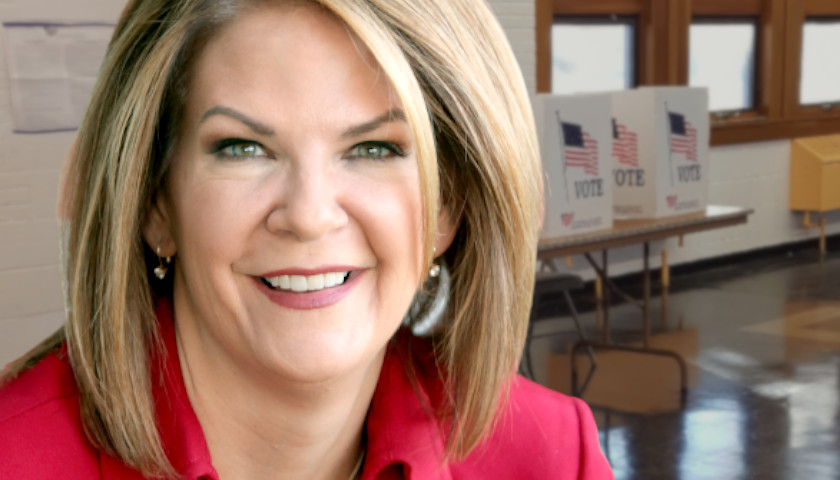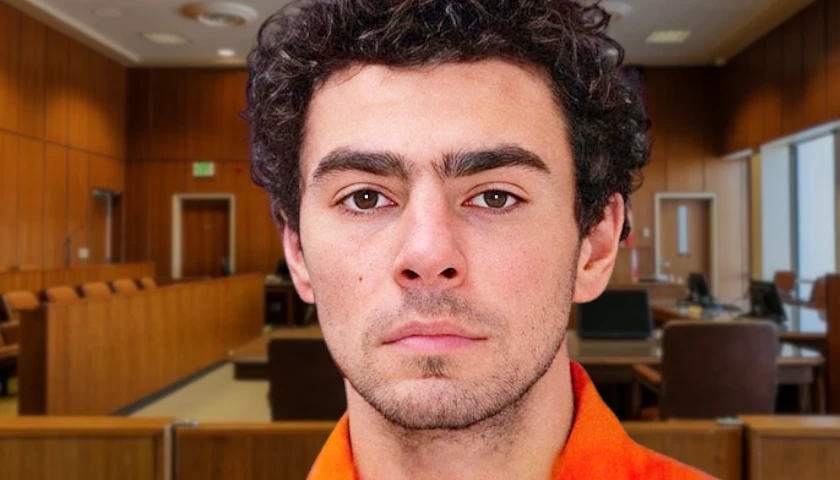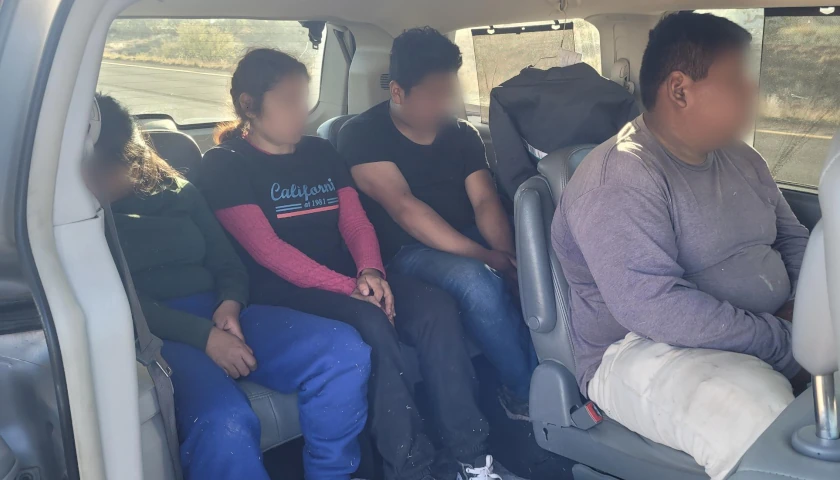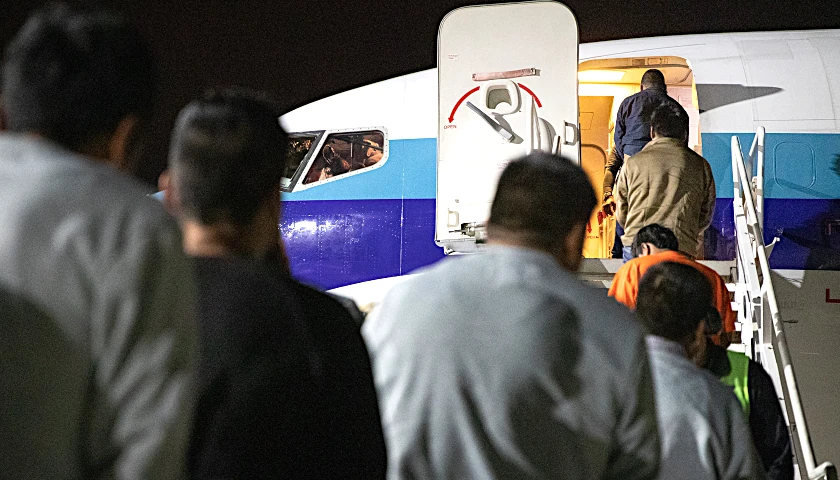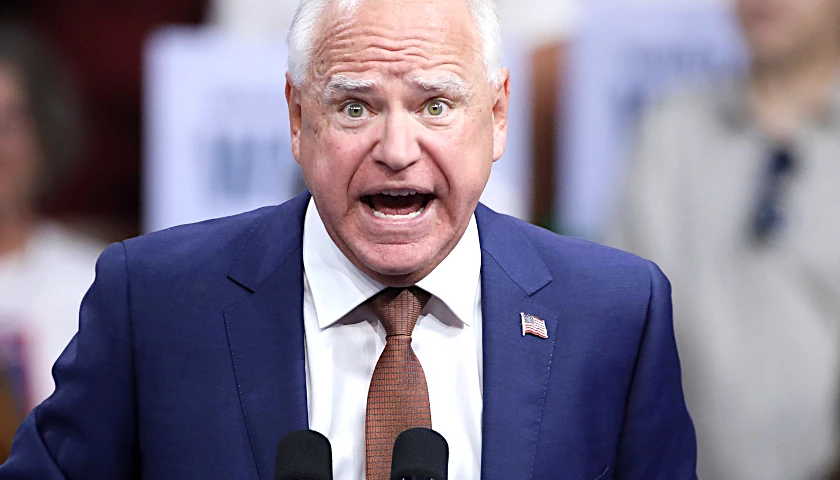The Arizona Legislature was unable to get a bill passed this year clearly banning unmonitored absentee ballot drop boxes, so local activists are organizing schedules of volunteers to watch them, concerned after reports of unusual activity during the primary election this year. Existing law, A.R.S. 16-1005(E), prohibits absentee ballot drop boxes operated by entities other than the government, but legal disputes remain over how much the government is required to monitor them.
Arizona Republican Party Chair Kelli Ward told The Arizona Sun Times the party is working to facilitate addressing complaints from the absentee ballot drop box watchers that come in. “We are building the attorney network and the reporting structure so we can address problems as they happen,” she said. “We also have thousands of poll observers trained and we are working to make sure Maricopa County doesn’t break the law again in the general like they did in the primary.”
The Lions of Liberty, a patriot group in Yavapai County, launched “Operation: Drop Box” to place volunteers near unmonitored drop boxes in their county. State Representative Shawnna Bolick (R-Phoenix) discovered an unmonitored ballot drop box there in Skull Valley in May. James Johnson of Lions of Liberty told The Sun Times, “We are making great progress in getting volunteers to watch the drop boxes. There has been a lot of interest in the most populous cities of Yavapai County, including Prescott, Prescott Valley, and Chino Valley, and we have even seen volunteers step up in those beyond this vicinity also. Right now, we are just concentrating on Yavapai County, but we have had interest in Maricopa County and even down to Tucson. So, after this election, assuming the laws aren’t changed on ballot drop boxes, we expect this to expand.”
Johnson said although all of the ballot drop boxes in the county have cameras, some of them are only “trailcams” which are installed in such a way it would be easy for someone to walk up and deposit ballots while ducking the camera.
Lions of Liberty is calling for two-hour shifts with two volunteers at each location. Their website instructs the volunteers to avoid engaging with anyone, instead advising “contact us and we’ll get in touch with Sheriff Rhodes, who is already aware of what we are doing and will do what he can.” The election integrity organization True the Vote launched “ProtectAmerica.Vote” this summer to get sheriffs like Pinal County Sheriff Mark Lamb involved with stopping voter fraud. Lamb added extra deputies to monitor ballot drop boxes this year.
A new nationwide organization called Clean Elections USA is organizing watchers across the country with its “Drop Box Initiative 2022.” The group concedes on its website that dropping hundreds of ballots into drop boxes in some states – like California – is legal. However, “A vote must have a strict chain of custody. This means that everyone in that chain has to be verified based on the receipt and the handoff.”
The group is spearheading the campaign on Truth Social with the hashtag #DropBoxInitiative2022, organized by Melanie Jennings, who goes by @TrumperMel. She advised in a post, “We can’t currently get flipping machines out of voting places before midterms. However we CAN stop mules! 10 people in groups around every drop box! Not 2 people. That’s not a deterrent. Bring lights, food, lawn chairs, play cards, (no music) Video, take pics. Don’t talk to them. Abide by the laws.”
True the Vote Founder Catherine Engelbrecht told The Sun Times that if the drop box watchers see any unusual activity, they can contact True the Vote’s Election Integrity Hotline and they will send the report to the local sheriff. Engelbrecht warned, “All the necessary elements are in place for a repeat of 2020 in the midterms, but it won’t happen. This time, patriots are awake and engaged all across our elections process, including preventing ballot drop box abuse. Americans were led to believe that ballot drop boxes were only being installed due to the pandemic. Now it’s clear that was never the intent. Like so many other ‘emergency pandemic’ temporary-turned-permanent changes to our voting process, this was just another effort to lower security standards and expand mail-in voting, which is recognized around the world as the least secure way to vote.”
Engelbrecht said she filed public records requests with Maricopa County in 2021 to get copies of drop box video coverage. “All we received was video for one camera at one box,” she said. “The camera was across a parking lot and blocked by a tarp. There was no way to make any kind of visual assessment.”
Arizona has a law against ballot harvesting, A.R.S. 16-1005. After it was passed in 2016, the Democratic National Committee sued to stop it from going into effect, and when Democratic Secretary of State Katie Hobbs refused to defend the law, Arizona Attorney General Mark Brnovich stepped in to defend it instead. He ultimately won at the U.S. Supreme Court in Brnovich v. DNC. Hobbs tried to go around the decision by revising the state’s Election Procedures Manual (EPM), resulting in Brnovich suing her, which ended with an impasse that left the 2019 version of the EPM in place – contrary to statute, which requires it to be updated every other year.
State Representative Jake Hoffman (R-Queen Creek) sponsored HB 2238 to enhance the ban on unmonitored absentee ballot drop boxes last year, but after State Senator Paul Boyer (R-Glendale) voted with the Democrats opposing it, the bill failed to pass the Arizona Senate by one vote.
In May, at the end of a legislative hearing about voter fraud featuring testimony from True the Vote, State Sen. Kelly Townsend (R-Apache Junction) stated, “I have been so pleased to hear about all you vigilantes out there that want to camp out at these drop boxes. We’re going to have hidden trail cameras, we are going to have people parked out there watching you and they are going to follow you to your car and get your license plate, so don’t try it. Don’t try it, anymore.”
During an election security forum in July, State Representative Sonny Borrelli (R-Lake Havasu) echoed the advice, “We need to be force multipliers. We need to have people camped on unmanned drop boxes and camp on those and keep an eye on them and take down that data, license plates, pictures and so on and so forth.”
Townsend sponsored SB 1571 last year, which would have replaced unmonitored absentee ballot drop boxes with “smart boxes” that accept no more than seven ballots at a time, take a photo of the person dropping them off, and log the incident by linking the photos to the ballots. The bill stalled in the Arizona Senate.
On July 28, the Maricopa County Republican Committee requested video from Maricopa County’s two ballot drop boxes that are monitored by video. Maricopa County responded, saying one of the two locations did not have any video due to a technical glitch, but they claimed they fixed it after receiving the request and realizing it was not recording.
Numerous questionable incidents took place during Arizona’s August primary election. Maricopa County sent out early ballots that clearly showed through a small envelope window the political party listed on the ballot. The Pinal County Elections director was forced out after around 65,000 incorrect early ballots were mailed and voters were forced to wait in long lines when some precincts ran out of ballots. Voters were given Pentel markers to fill out ballots, despite concerns about “Sharpiegate” from the 2020 election, where felt pens bled through the ballots.
Maricopa County was the slowest county to finish counting ballots, taking days to finish with results that changed dramatically in the Republican gubernatorial primary despite it being the largest county with the most resources. The Maricopa County Republican Committee discovered through public records requests that Maricopa County hired 145 more Democratic poll workers than Republicans to staff the primary election, even though state law requires balanced representation. A group of concerned Arizonans discovered that Arizona’s electronic voting machine readers are not properly certified, due to accreditations that expired prior to the 2020 election.
– – –
Rachel Alexander is a reporter at The Arizona Sun Times and The Star News Network. Follow Rachel on Twitter. Email tips to [email protected].
Photo “Kelli Ward” by Gage Skidmore. CC BY-SA 3.0. Background Photo “Voting Booths” by Tim Evanson. CC BY-SA 2.0.

